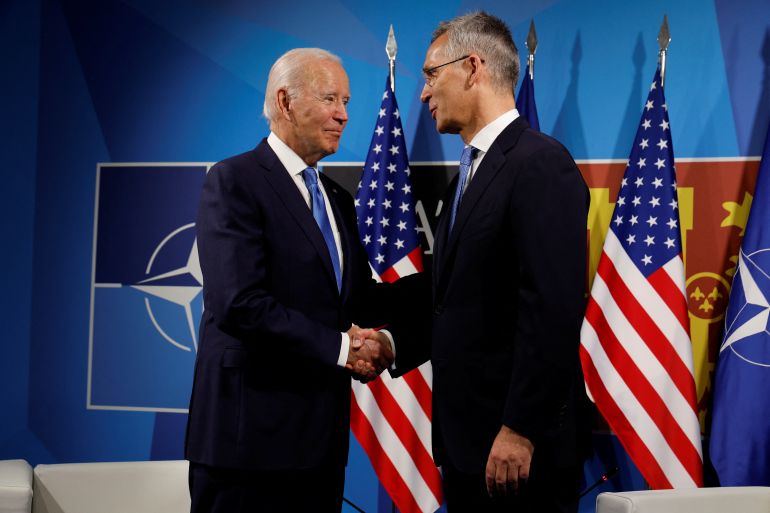
War News USA: A Comprehensive Guide
Introduction to War News
War news has a unique, often intense role in shaping how we understand global conflicts. It’s not just about relaying the latest updates; it’s about providing context, analyzing implications, and often, influencing public opinion and policy. But why does war news matter so much?
Why War News Matters
Imagine trying to navigate a stormy sea without a compass or map. That’s how it feels when major conflicts unfold and the media is not there to guide us. War news gives us crucial insights into what’s happening around the world, often influencing how we perceive and react to global events. It’s not just about the headlines; it’s about understanding the story behind the stories.
The Role of Media in Reporting War
The media serves as a bridge between the battlefield and the public. By reporting on conflicts, they help us make sense of the chaos. This role is essential for democracy, as it ensures transparency and accountability, even if the stories are hard to hear.
Current War Zones Covered in US News
When we talk about https://arizonaupdate.com/ in the USA, several key regions often come up. Let’s take a closer look at these areas.
Middle East Conflicts
The Middle East is a hotspot for ongoing conflicts, and US news covers these extensively. Here are some key areas of focus:
The Situation in Ukraine
Despite being geographically closer to Europe, Ukraine’s conflict with Russia is heavily reported in the US. The media highlights various aspects, from military strategies to humanitarian crises, keeping the American public informed about this complex situation.
Ongoing Issues in Syria
Syria has been in turmoil for years, with the US media providing updates on everything from the Assad regime to the involvement of various international players. The conflict’s ongoing nature makes it a persistent feature in war news.
Asia and the Pacific
Beyond the Middle East, Asia and the Pacific also feature prominently in US war news.
US Involvement in the South China Sea
Tensions in the South China Sea are a major topic. With the US and China often at odds over territorial waters, war news covers the strategic, political, and military aspects of these disputes.
North Korea Tensions
North Korea’s nuclear ambitions and frequent provocations keep it in the spotlight. News coverage often includes the latest threats and diplomatic efforts to address these challenges.
How War News is Reported
War news doesn’t just appear out of thin air. Here’s how it typically gets from the battlefield to your screen.
Sources of Information
Reliable war reporting comes from a mix of sources. Here’s a breakdown:
Embedded Journalists
Many news organizations send reporters to embed with military units. These journalists provide firsthand accounts, offering a unique perspective on the ground.
Satellite and Drone Technology
Modern technology, like satellites and drones, plays a huge role. They provide real-time imagery and data, which helps in creating accurate reports and analysis.
Challenges of Reporting
Reporting on war is fraught with challenges, and it’s not always straightforward.
Access and Safety Concerns
Reporters often face significant risks. Access to conflict zones can be restricted, and safety is a major concern, impacting how and what they can report.
Bias and Objectivity
Ensuring objectivity is another challenge. Media outlets may have biases, whether political or cultural, which can influence how news is presented.
The Impact of War News on Public Opinion
War news doesn’t just inform; it shapes how we think and act.
Shaping Perceptions
News coverage can dramatically affect public perceptions of a conflict. For instance, constant reporting on civilian casualties can lead to increased public pressure on governments to act.
Influencing Policy Decisions
Policymakers often consider media reports when making decisions. If war news highlights certain issues or injustices, it can prompt legislative or diplomatic action.
Future Trends in War Reporting
As technology evolves, so does war reporting. Here’s a look at what the future might hold.
Digital and Social Media
Social media platforms are becoming crucial in war reporting. They offer real-time updates and diverse perspectives but also pose challenges like misinformation.
Virtual Reality and War Journalism
Virtual reality is starting to make waves in journalism. It allows audiences to experience war zones more immersively, potentially offering a deeper understanding of the realities on the ground.
Conclusion
War news is more than just headlines; it’s a critical component of how we understand and engage with global conflicts. From its role in shaping perceptions to the challenges faced by reporters, the landscape of war journalism is complex and ever-evolving. As technology advances, the way we receive and interact with war news will continue to change, offering both opportunities and new challenges.

